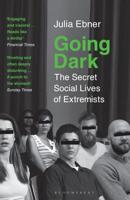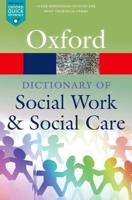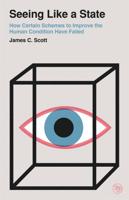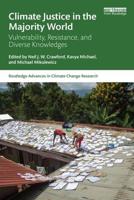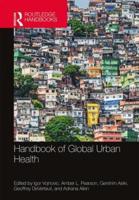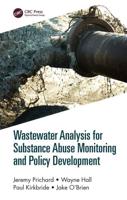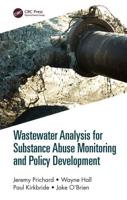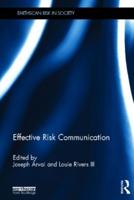Publisher's Synopsis
This edited collection explores a diverse range of climate (in)justice case studies from the Majority World - where most of humans and non-humans live. It is also the site of the most severe impacts of climate change and home to some of the key solutions for the climate crisis. The collection brings together 12 chapters featuring the work of over 30 authors from around the globe.
The impacts of climate change are disproportionately affecting individuals, communities, and countries in the Majority World who historically have contributed little to rising global temperatures. The 12 chapters focus on a range of cross-cutting themes, demonstrating both individual and collective experiences of climate change and struggles for achieving climate justice from the Majority World. This includes activism, resistance, and social movement organizing in India and Brazil; lived experiences and understandings of frontline communities in Bangladesh and South Africa; consequences of and responses to disasters in Mozambique and Puerto Rico; and contested accounts, narratives, and futures in the Maldives and Pakistan, among other topics.
By adopting a decolonial lens, this book provides rich empirical content, insightful comparisons, and novel conceptual interventions. It foregrounds climate justice from an intersectional perspective and contributes to the ongoing efforts by scholars and activists to address epistemic injustice in climate change research, policy, and practice. It will appeal to undergraduate and graduate-level students, academics, activists, policymakers, and members of the public concerned with the impacts and inequalities of climate change in the Majority World.


